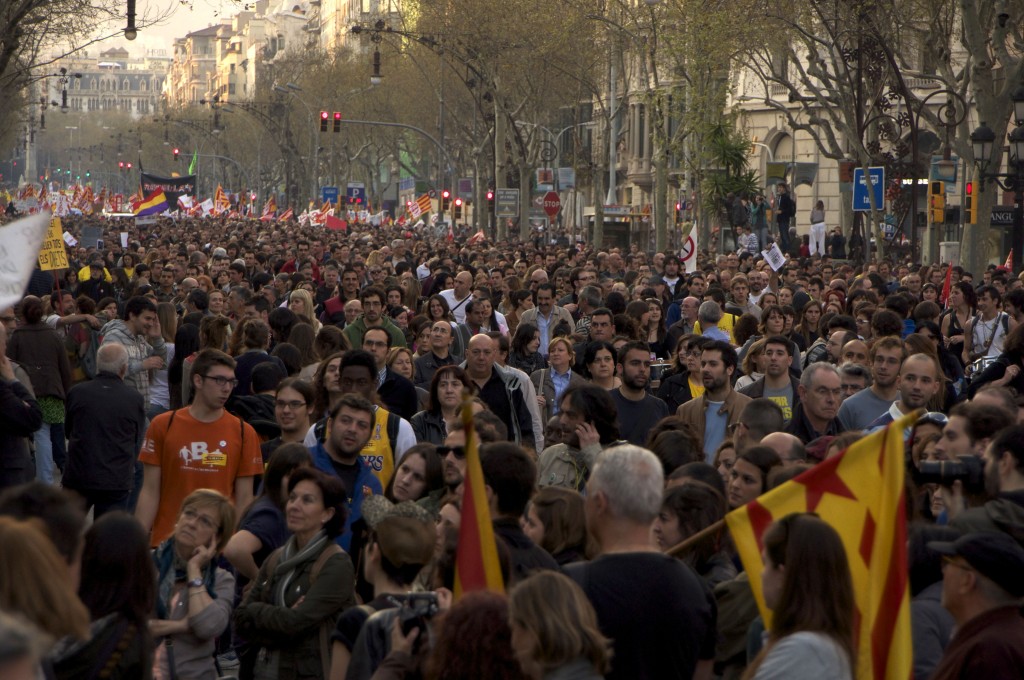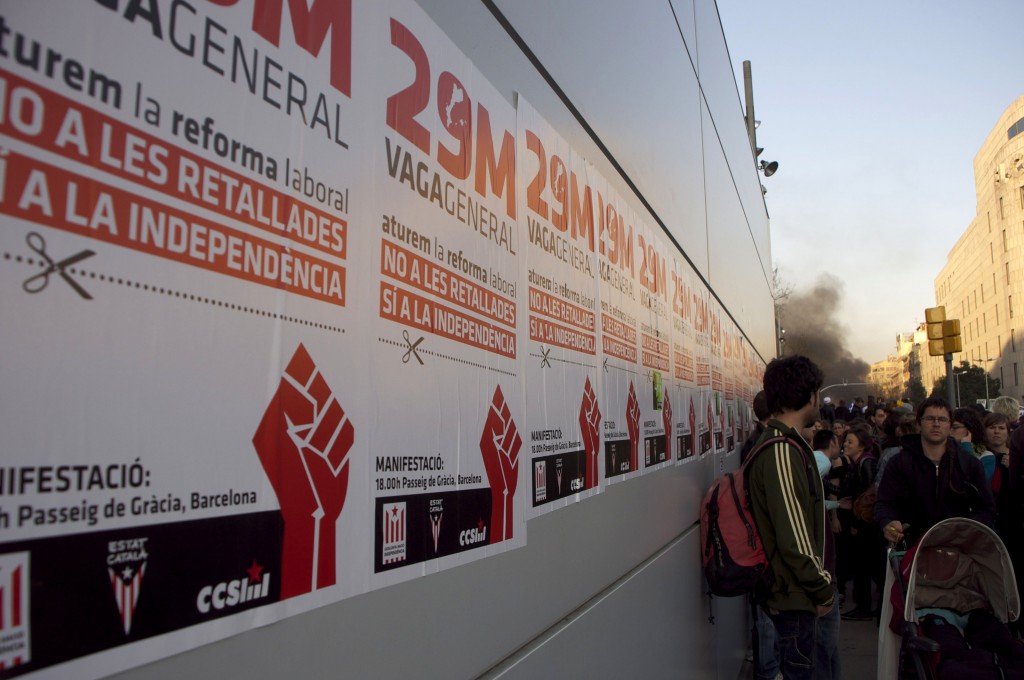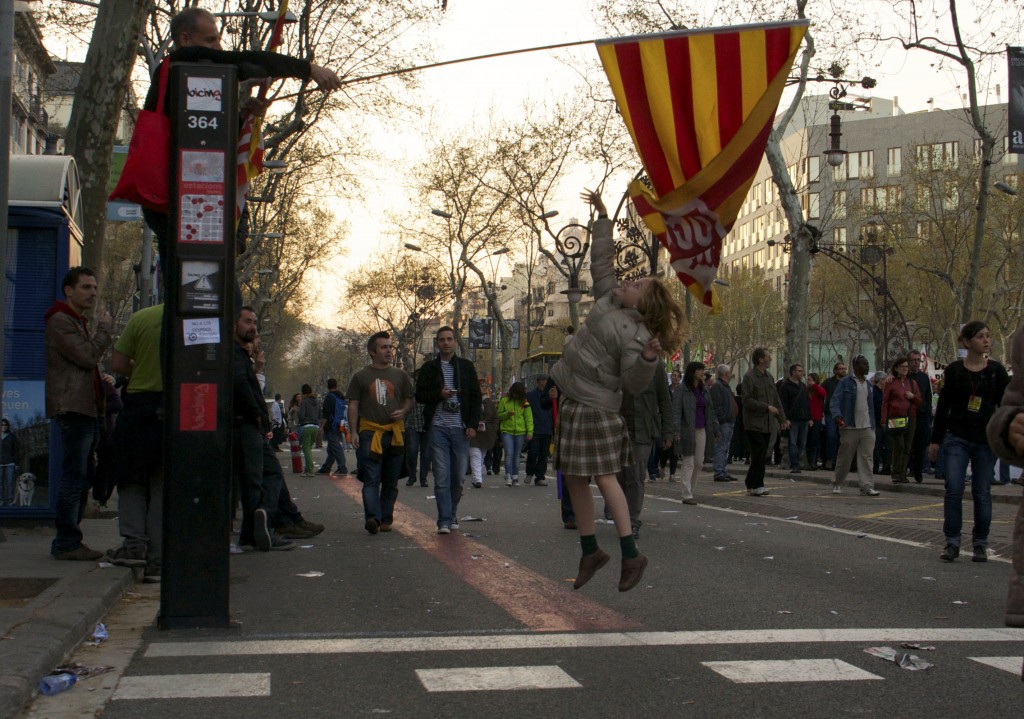
That awkward moment – you know the one – when everybody at the dinner table knows all about the current economic or political climate in some foreign country except you. Lately it’s Spain. Everyone nods knowingly and murmurs assent when its simply referred to as, what’s going on in Spain these days.
Look, there are a lot of countries in this world and subsequently a lot of political, economic and social movement to keep track of. As a traveler, one of the worst things you can do is arrive to a new country with no idea about the general state of things there. But keeping on top of said state can also be one of the most difficult, especially if you’re a frequent traveler who doesn’t always have time to pour over recent news. So here’s a cheat sheet for what’s happening in Spain – just enough information to make you sound like you know what the hell is going on, too. Ready, set, go.
So way back in 2002, everyone in Europe decided that Spain was a pretty great place to buy a vacation home. Prices were reasonable, summers were long and the tapas were delicious. Spain enjoyed a housing boom until about 2008, when cheap credit caught up with everyone and the bottom dropped.
Since then, real estate prices have fallen by as much as 50%, and Spain has been nose-diving into a worse and worse recession. (For those who don’t know, a recession is like recess, but without the jungle gym and snacks.) Some less-than-stellar decisions from Spanish banks – many of which have suffered politically driven leadership appointments rather than those based on, you know, economic knowhow – have only made things worse.

As more money has been pulled out of Spain, unemployment rates have risen. Currently, Spain faces a whopping national unemployment rate of 25%. That’s the highest in Europe. Keep in mind also that Spain represents about 11% of the European Union’s gross domestic product (GDP.) That’s almost double the percentage that Greece, Ireland and Portugal represent combined (all of which have required EU bailouts or aid in recent years.)
Ok, so thus far we’ve established that Spain got itself into trouble, has handled that trouble poorly and now faces a devastating recession. To combat said recession, Spain has been implementing a steady stream of austerity measures. In case you don’t know – austerity means cutting spending to reduce deficit.
That means Spain has had to cut government and educational spending. Now it’s easier to lose your job and harder to find a new one. On September 27, the Spanish government revealed its 2013 budget, which will introduce even more cuts to the tune of about $51 billion US dollars.

As we reach the eye of this perfect storm, it becomes fairly clear why Spanish citizens are protesting. They’re facing a full-on depression if things don’t get better, and the government’s solution (for better or worse) is to reduce job availability and spending. Whether you’re down with austerity or not, you can see why Spaniards are all kinds of cabreados.
In March of this year there was a national strike that brought Spain’s major cities to a halt, and countless protests have followed. In the last week, Catalonia – Spain’s most economically viable region – responded to a rejected demand for more economic independence by suggesting it may vote to secede from the country entirely.
So there you have it. It remains to be seen how things will play out for Spain. But one thing’s for certain – what’s happening there will have ripple effects across the globe. Consider yourself briefed. If not prepared.